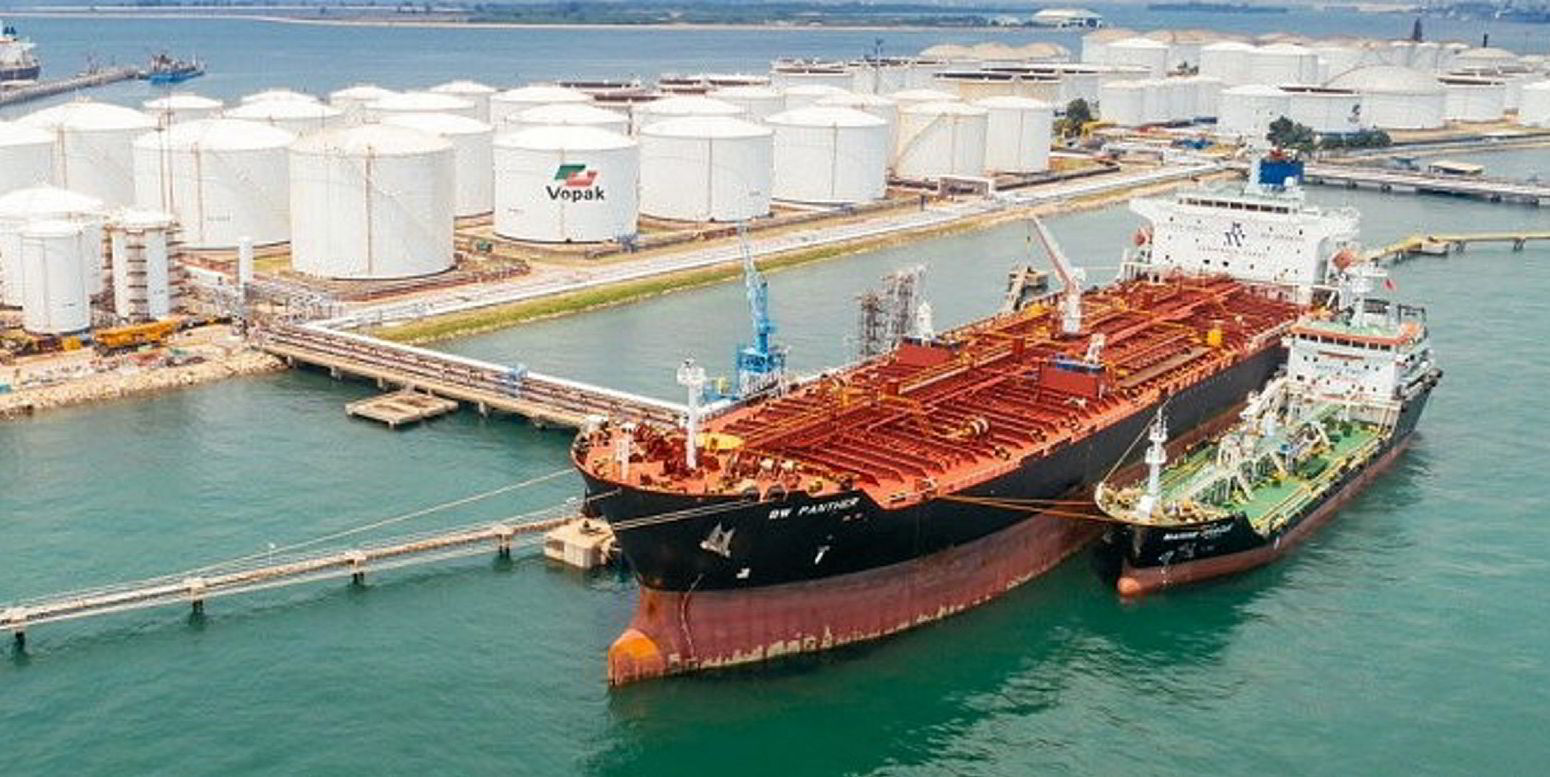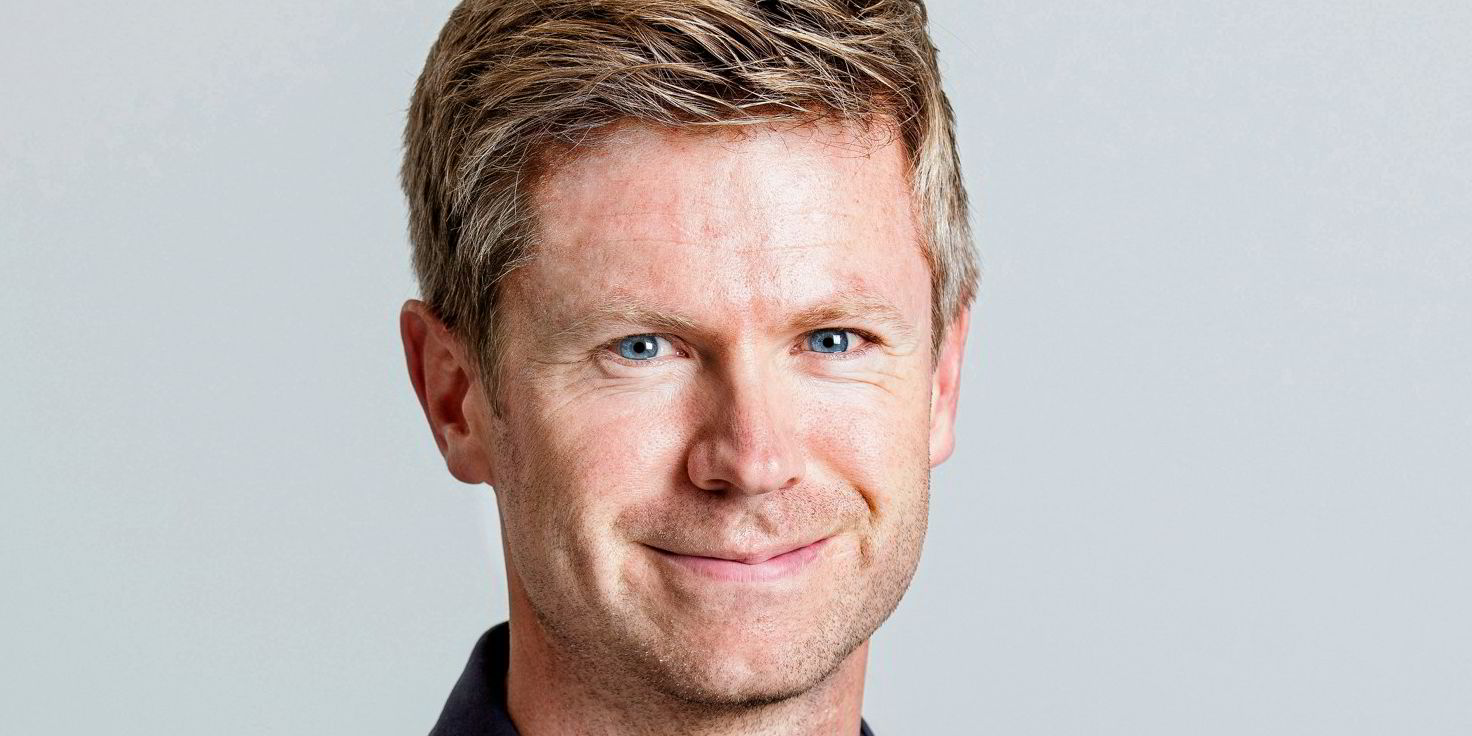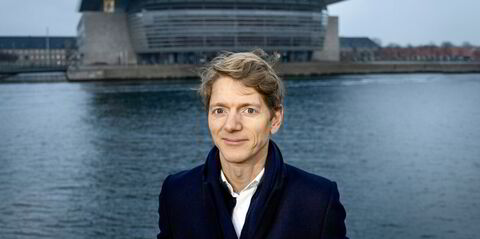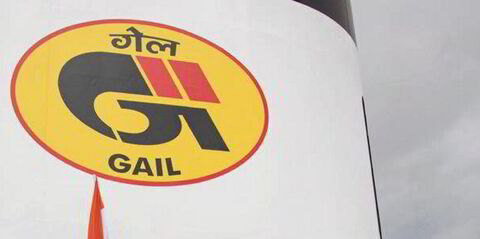Dutch terminals group Vopak is teaming up with Hydrogenious LOHC Technologies to set up a hydrogen transport chain using fossil fuel infrastructure.
The new equally-owned German joint venture, LOHC Logistix, will store and ship the green fuel using liquid organic hydrogen carrier (LOHC) technology.
The move is described as a major step to push forward LOHC market solutions and large-scale pilot projects.
“When it comes to handling the volatile hydrogen gas, the LOHC technology developed by Hydrogenious has a big potential to help speed up the development of an international hydrogen market,” the companies said.
The plan is to use the thermal oil benzyl toluene as a hydrogen carrier.
This is flame retardant and non-explosive, meaning the oil can be handled like a fossil liquid fuel within existing infrastructure, tankers and vehicles at ambient pressure and temperature.
The LOHC can be reused to bind hydrogen many hundreds of times.
Hydrogenious already supplies the hydrogen refuelling station Erlangen in Germany via LOHC, the first project of its kind in the world.
The new venture will use ships, trains and trucks to transport the fuel.
The two partners have also pledged to accelerate the establishment of an LOHC storage plant planned at Chempark Dormagen in Germany, as well as a site in Rotterdam with a hydrogen release capacity of 1.5 tonnes per day.
Loan granted
Vopak bought into Hydrogenious in 2019 with a stake of about 10%.
The Dutch group has now loaned an unspecified amount of money to the company. This can be converted into equity.
Daniel Teichmann, founder and chief executive at Hydrogenious, said there is a huge capacity worldwide for the supply chain, including storage tanks and tankers.
“Hydrogenious wants to turn all this valuable infrastructure into the hydrogen infrastructure of the future using our LOHC technology,” he added.
Dick Richelle, CEO of Vopak, said the investment was in line the group’s strategy to speed up work on new energies.
“We believe that different types of hydrogen logistics need to be developed to be able to facilitate the needed future flows of hydrogen and hydrogen carriers,” he added.
In July, Vopak teamed up with Shell, Dutch shipowner Anthony Veder and France’s Engie to develop a hydrogen production and shipping supply chain.
Shipping to Rotterdam
The four signed an agreement to study the feasibility of producing, liquefying and transporting green hydrogen from Portugal to the Netherlands, where it would then be stored and distributed for sale.
The aim is to produce hydrogen by electrolysis from renewable power in the industrial zone of Sines port.
This would then be liquefied and shipped on a liquid hydrogen carrier to the port of Rotterdam for distribution and sale.
Hydrogenious is already working with Norwegian shipowner Edda Wind to develop LHOC technology for its fleet of offshore wind vessels.




